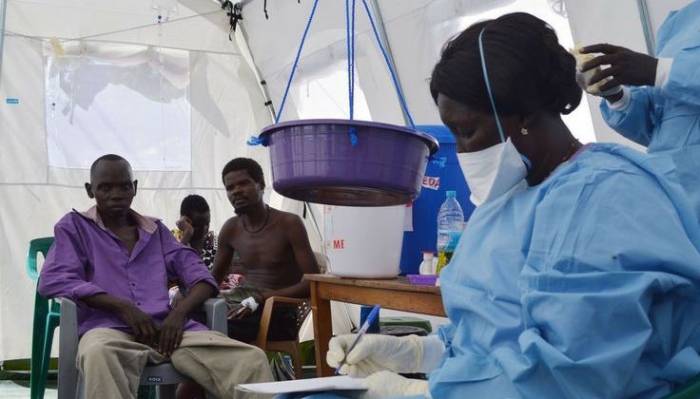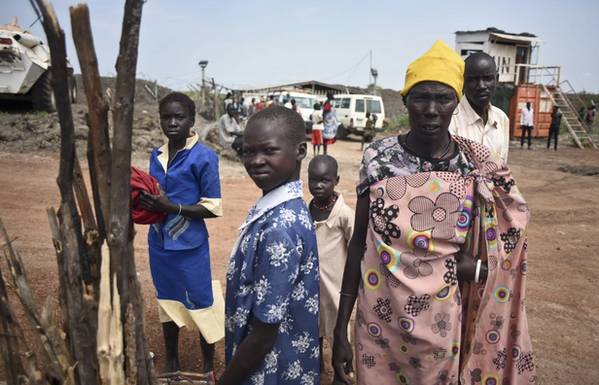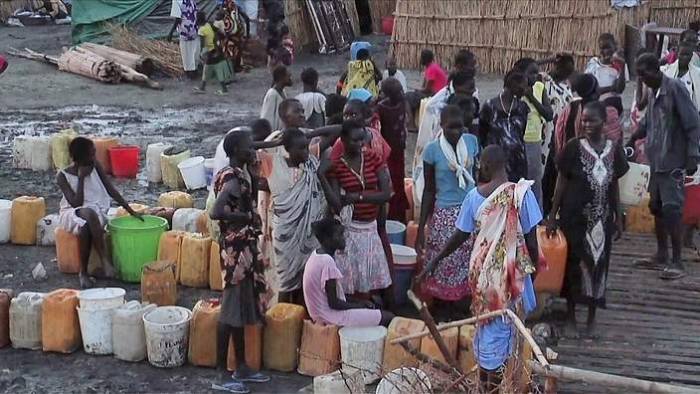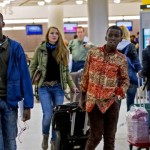
source
UNICEF, the United Nation’s children’s agency, has reported more than 700 cases of cholera in the last five weeks in the cities of Juba and Bor in South Sudan. The disease especially affects young children and according to the U.N., schools play a big part in spreading the disease. So far, at least 32 deaths from the disease have been reported recently.
A Deadly Disease
Cholera is an intestinal infection that causes diarrhea and vomiting, which eventually leads to dehydration. It is most often caused by contaminated drinking water. If the outbreak plaguing South Sudan is not contained, as many as 5,000 children under five are at risk of dying from the disease. The World Health Organization stated that close to 167 people died in South Sudan from a cholera outbreak last year. The U.N. humanitarian agency OCHA states that urgent action needs to be taken to contain the outbreak. “It’s a race against time to prevent the spread of cholera up the river Nile, especially during the rainy season. Our priority right now is reaching the most vulnerable children who urgently need clean water and vaccinations,” Jonathan Veitch, UNICEF representative in South Sudan, stated.

{adinserter CNP5}
What Needs to Be Done
“One of the most powerful ways we can respond to this outbreak is by equipping schoolchildren with the information and tools they need to protect themselves and their families,” Veitch said. There is a low literacy rate among adults in the country, so children are being encouraged to share information with their families and communities. UNICEF is helping by televising cholera prevention messages and by hosting radio talk shows on the subject. They are also pushing a vaccination campaign and training volunteers, teachers, and religious leaders on how to properly prevent and detect the disease.

The Outbreak Is Spreading Into Conflict Zones
According to Veitch, if the cholera outbreak spread to conflict-ridden areas it will have a huge impact. Nearly 200 health centers in those areas have been closed, so it would be difficult to prevent and contain the disease. There is also a problem with people fleeing the nation: the U.N. refugee agency, UNHCR, estimates that more than 730,000 people have fled to neighbouring countries and approximately 1.5 million people have been uprooted within the country.

SEE ALSO: Meet 11 Year Old Mamadee. The Boy Who Tricked Ebola.







